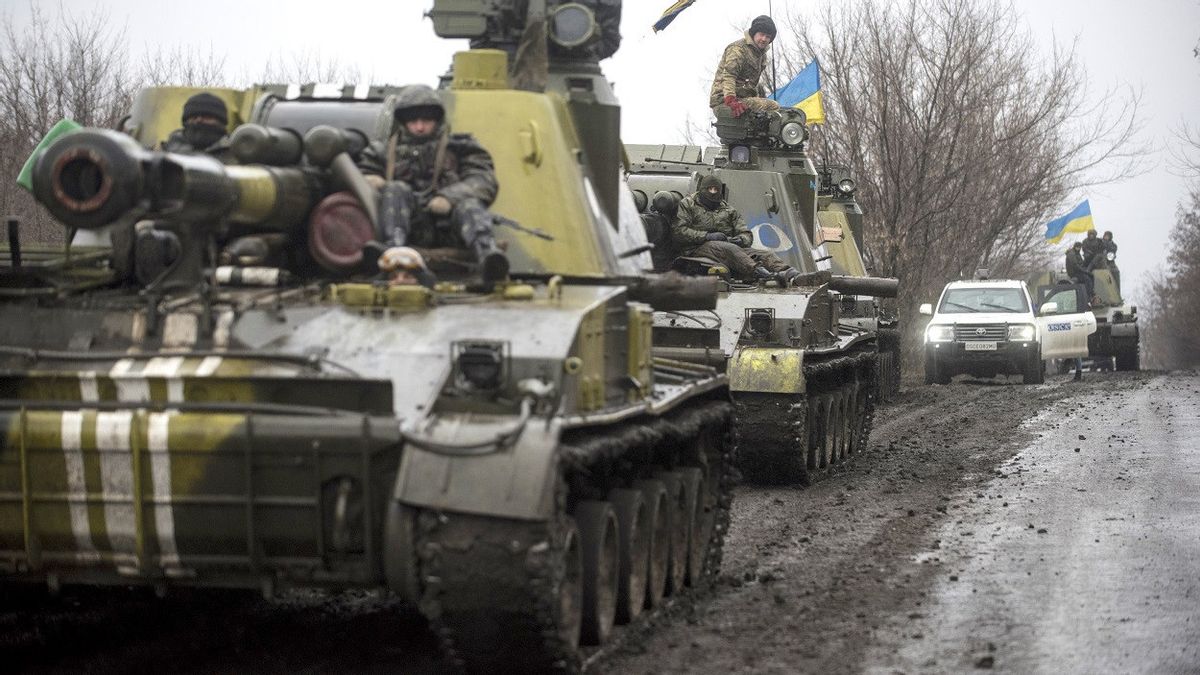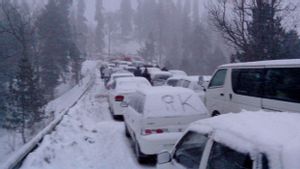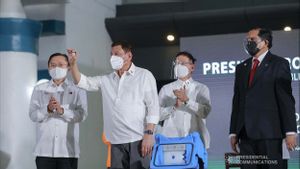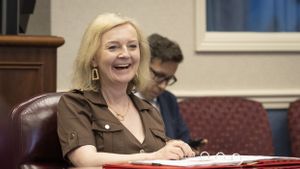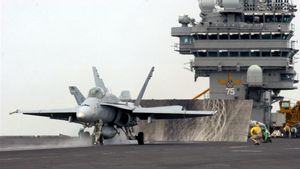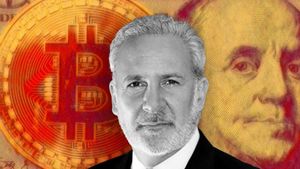JAKARTA - Poland's foreign minister said on Thursday Europe was closer to war than at any time in the past 30 years, as Russia gave a grim assessment of diplomatic efforts this week to ease tensions over Ukraine.
Russia says it is deadlocked as it tries to persuade the West to bar Ukraine from joining NATO, rolling back the alliance's decades-long expansion in Europe.
It offers a clear view before the week's security meeting even concludes, with talks underway in Vienna on Thursday with the 57-nation Organization for Security and Cooperation in Europe (OSCE) participating.
Without naming Russia in his address to envoys from the 57-member OSCE, Polish Foreign Minister Zbigniew Rau mentioned tensions in Ukraine, Georgia, Armenia, and Moldova, all countries with active or frozen conflicts in which Russia is accused of involvement.
"It seems that the risk of war on the OSCE region is now greater than ever in the last 30 years," he said, citing Reuters January 12.
"For several weeks we have been faced with the prospect of a major military escalation in Eastern Europe," he continued, launching his year-long leadership in the region's largest security organization. He reported no breakthrough in the meeting.

Meanwhile, Deputy Foreign Minister Sergei Ryabkov told RTVI television in an interview, Russian military specialists give President Vladimir Putin options if the situation around Ukraine worsens, but diplomacy should be given a chance.
However, he said talks with the United States in Geneva on Monday and with NATO in Brussels on Wednesday had shown there was "a dead end or a difference of approach". And, he saw no reason to sit down again in the coming days to start the same discussion again.
Nonetheless, the US envoy for OSCE talks said the West should not give in to blackmail.
Russia has forced the United States and its allies to the negotiating table by amassing about 100.000 troops near the border with Ukraine while denying its plans to attack. Foreign Minister Sergei Lavrov said US demands for them to step down were unacceptable.
"Although Russia's major diplomatic week has been unsatisfactory, I believe that the only way for Russia to confirm their lack of intention to resolve the issue by force is to continue discussions in the format that already exists, in particular at the OSCE," said Ukrainian Foreign Minister Dmytro Kuleba.
Separately, Russian Ambassador Alexander Lukashevich told the OSCE: "If we do not hear a constructive response to our proposal within a reasonable timeframe, with the line of aggressive behavior towards Russia continuing, we will be forced to draw appropriate conclusions and take all necessary actions. To ensure strategic balance and eliminate unacceptable threats to our national security."
"Russia is a peace-loving country. But we don't need peace by any means. The need to have this legally formalized security guarantee for us is unconditional."
His speech was consistent with a pattern of recent statements, in which Russia has said it wants a diplomatic solution but has also rejected calls to reverse its troop increase, warning of unspecified consequences for Western security if its demands are not heeded.
SEE ALSO:
To note, Russia has said it will decide on its next steps after this week's talks. He has threatened unspecified "military-technical measures" if his demands are rejected.
U.S. Deputy Secretary of State Wendy Sherman said on Wednesday that if Russia walked out of the dialogue, it would show it was never serious about diplomacy.
The English, Chinese, Japanese, Arabic, and French versions are automatically generated by the AI. So there may still be inaccuracies in translating, please always see Indonesian as our main language. (system supported by DigitalSiber.id)
